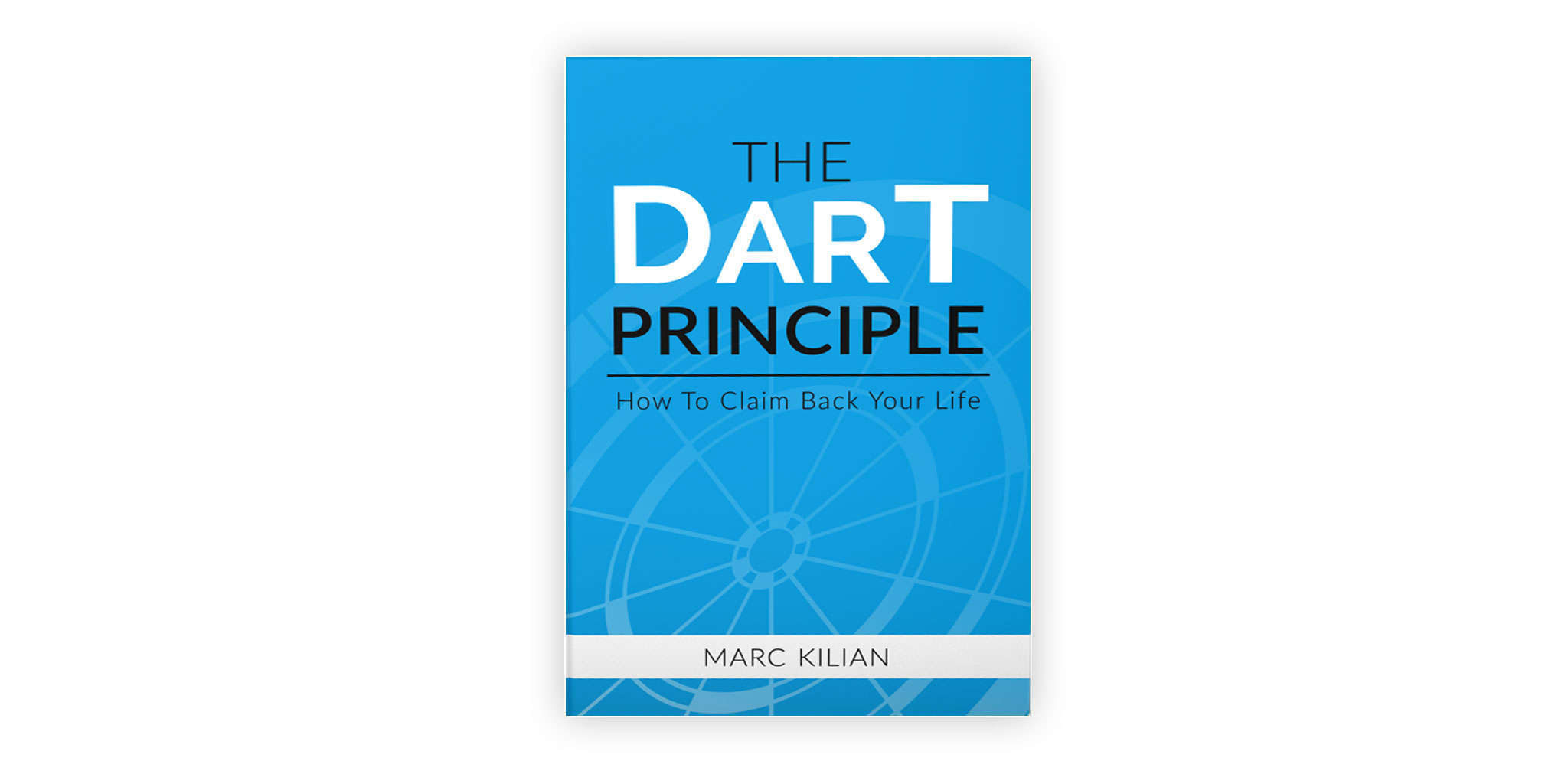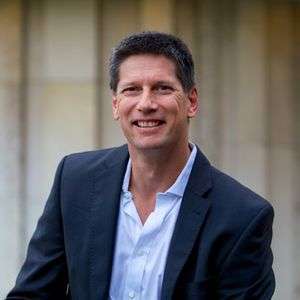Claim back your life
Many people I know feel that their lives have gotten out of control. They feel driven, disconnected from themselves, and constantly on the run. They struggle with competing demands from an array of sources such as their boss and co-workers, their spouse and children, their own parents and family, their club members and friends. Often, people are so stretched to meet other people’s demands that their own needs are not met at all.
Hence they spend their time maximizing the output and boosting productivity without challenging the relevance of the results. They attend meetings because “I have to”; they go to work because “I have to earn a living”; they spend their holidays in the mountains when they love the sea because “the kids love it.”
They don’t ask the single most important question they should ask themselves before we do anything: “How does it connect to my life purpose?”
Life has to suck
Their failure to ask that simple question is at the root of misguided lives. People work in jobs they hate, spend time with irrelevant activities, and talk with people they don’t like about subjects they don’t care about.
When asking those people about the reason behind the particular way they live their lives, the prevailing answer is: “I don’t have a choice.” When facing the ugly truth that we always do have a choice and it is a matter of the cost-benefit equation, the conversation turns mostly into a “Yes, but you don’t understand…” followed by a litany of carefully crafted reasons why life has to suck the way it does.
Fixing direction
Most people to whom I have asked this question don’t even have an answer to the fundamental question: “What is your life purpose?” Human beings are built in a way that necessitates us to self-reflect and self-actualize. Understanding the reason why we live is an inherent human need, and humanity has been seeking an answer in many different directions ever since the beginning.
Fine-tuning productivity is part of a journey to a fulfilled life that helps creating more and creating better in less time. While this is a valid response to some important questions, I believe that we need to fix direction before fixing productivity.
We need to claim back our lives and ensure that we are fully accountable and in control. We need to ensure that we are the owners of our time, and we construct our lives in a way so that they matter.
I faced death when I was 13 years old, and I have lived the moment of truth. I have asked myself the questions that we ask ourselves when we realize that this is the end. Ever since that moment, I have worked to make my life matter, and to ultimately be able to help other people on their journey to find their life’s purpose and claim back their life.
Let me share the four key elements I found the most important ones on that journey.
Better decisions
We are constantly making many decisions, yet only a few really matter. We need to learn which decisions really matter and which ones distract us from the essence. One key decision we make every day is how we spend our time. We need to take this important decision when we are fully awake, present, and connected to our higher goals. Our capacity for decision-making is limited, and it is quickly used up. Roy Baumeister and his team called this concept ego-depletion.
I recommend taking time for a morning planning session to plan the entire day wake-to-bed, including personal, family, social, and work-times at appropriate levels of granularity. This helps taking the decision-stress out of your day and increases the ability to focus (and to be with your kids mentally and without your iPhone).
Follow-through actions
The often-quoted procrastination problem is connected to decision-making: procrastination is the result of making bad decisions at the wrong time. The later in the day it is, the more depleted your brain-power and self-control is, and the more likely you are to not execute the plan: hence you take the decision to ignore the plan and go sideways into other activities that are pleasant in the short-term but useless in the long-term.
Recognizing the fact that ego-depletion plays the key role in procrastination, taking the habit of “just follow the plan” is critical. Do whatever the plan says, without exception.
I recommend to switch to Action-Mode once the morning planning session is completed. Don’t question the agenda and trust yourself to have planned with care and purpose in mind. The only exception to following your agenda is when “disaster strikes.”
Objective retrospection
Be honest: when did you last look back and in a somewhat-structured way reflected on your results? Typically, this retrospection falls victim to the need to be productive. Just sitting down and taking a look at your emotional state, the quality of results, and the process quality can make a huge difference. Yet, it rarely happens in people’s lives at all.
Frequent objective retrospection is a prerequisite for learning and improvement, not only in the sense of optimizing results, but also to optimize the life balance, the decision of what matters, the day structure, and the production process. Keeping retrospection objective without immediate interpretation is critical: drawing conclusions in an emotionally- aroused and potentially depleted ego-state often leads to sub-optimal learnings and follow-up actions.
I recommend retrospection on key activities throughout the day. Take five minutes after action and note your observations.
Continuous translation
Translating observations into lessons and follow-up actions requires a fresh mind. We have seen the negative impact of ego-depletion already, and we want to avoid it when determining our learnings and follow-ups. Also, we need to keep in mind that learning means change, and the brain is inherently change-resistant due to involved energy consumption.
I recommend to include the translation of observations collected during retrospection in the morning planning session. This ensures distance and better learning quality that is more driven by the rational than by the emotional mind.
Check out Marc’s book: The DART Perspective

Photo: Fickr/De Vetpan Archive - siebewarmoeskerken.nl CC BY 2.0

